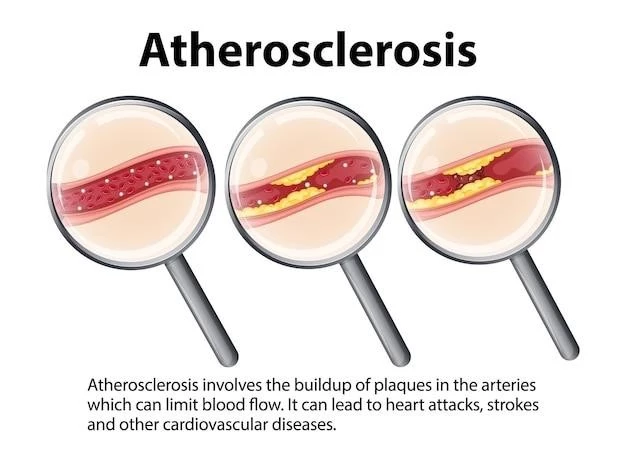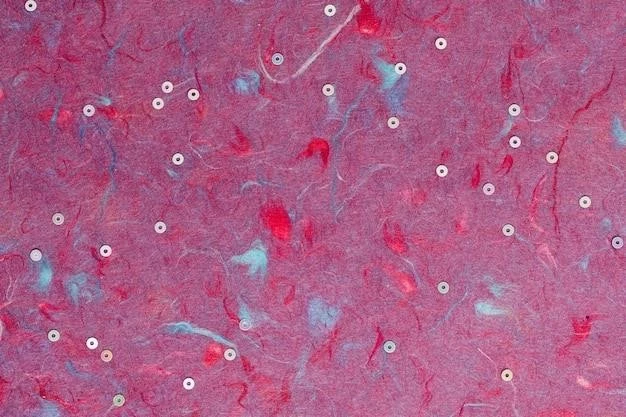Introduction to Mucopolysaccharidosis Type VI Maroteaux-Lamy
Mucopolysaccharidosis type VI (MPS6) is a rare genetic disorder caused by a deficiency of arylsulfatase B enzyme. It leads to varied clinical features such as short stature‚ joint stiffness‚ and facial dysmorphism.
Definition and Clinical Features
Mucopolysaccharidosis type VI (MPS VI)‚ also known as Maroteaux-Lamy syndrome‚ is a rare autosomal recessive genetic disorder caused by a deficiency in arylsulfatase B enzyme. This leads to the accumulation of glycosaminoglycans in various organs‚ resulting in multisystem clinical manifestations such as short stature‚ joint stiffness‚ facial dysmorphism‚ and corneal clouding. The severity and specific clinical features can vary among individuals with MPS VI. It is important to recognize the characteristic signs and symptoms for timely diagnosis and appropriate management.
Epidemiology and Prevalence
Mucopolysaccharidosis Type VI‚ also known as Maroteaux-Lamy syndrome‚ is a rare autosomal recessive genetic disorder with a prevalence ranging from 1-9 cases per million individuals. It mainly affects children‚ impacting various systems in the body.
Maroteaux-Lamy syndrome‚ or Mucopolysaccharidosis Type VI‚ has an autosomal recessive inheritance pattern. The prevalence of this rare disorder ranges from 1 to 9 cases per million individuals‚ primarily affecting children. Early recognition and diagnosis are crucial for appropriate management of this genetic condition.
Statistics and Inheritance Pattern
Mucopolysaccharidosis Type VI‚ or Maroteaux-Lamy syndrome‚ has an autosomal recessive inheritance pattern. The prevalence of this rare genetic disorder ranges from 1 to 9 cases per million individuals‚ primarily affecting children. Early recognition and diagnosis are crucial for appropriate management of this condition.
Deficiency of Arylsulfatase B Enzyme
Mucopolysaccharidosis Type VI‚ or Maroteaux-Lamy syndrome‚ is characterized by a deficiency of arylsulfatase B enzyme. This leads to the progressive accumulation of glycosaminoglycans in various tissues‚ contributing to the multisystem clinical manifestations observed in individuals affected by this rare genetic disorder.

Cause and Pathophysiology
Mucopolysaccharidosis Type VI‚ also known as Maroteaux-Lamy syndrome‚ is caused by a deficiency of the arylsulfatase B enzyme. This leads to the progressive accumulation of glycosaminoglycans in various tissues‚ resulting in the clinical manifestations observed in affected individuals.
Diagnostic Criteria and Methods
Diagnosis of Mucopolysaccharidosis Type VI‚ or Maroteaux-Lamy syndrome‚ involves genetic testing‚ enzyme activity assays‚ and urinary glycosaminoglycan analysis. Clinical evaluation of symptoms such as short stature‚ joint stiffness‚ and corneal clouding aids in identifying individuals with this rare genetic disorder.
Symptoms and Manifestations
Mucopolysaccharidosis Type VI‚ or Maroteaux-Lamy syndrome‚ presents with symptoms like short stature‚ joint stiffness‚ corneal clouding‚ and facial dysmorphism. Identifying these features prompts appropriate evaluation for this genetic disorder.
Multisystem Clinical Presentations
Mucopolysaccharidosis Type VI‚ also known as Maroteaux-Lamy syndrome‚ manifests with a combination of symptoms including short stature‚ joint stiffness‚ corneal clouding‚ cardiac abnormalities‚ hepatosplenomegaly‚ and dysostosis multiplex. Identifying these multisystem clinical presentations is crucial for timely diagnosis and management of individuals affected by this rare genetic disorder.
Treatment Options
Management of Mucopolysaccharidosis Type VI involves enzyme replacement therapy and supportive care strategies. Early diagnosis and multidisciplinary approaches are crucial for optimizing outcomes in individuals affected by this rare genetic disorder.
Enzyme Replacement Therapy and Management Strategies
For individuals with Mucopolysaccharidosis type VI‚ enzyme replacement therapy is a key treatment approach aimed at addressing the underlying enzyme deficiency. In addition‚ management strategies involve a multidisciplinary approach to address the multisystem clinical manifestations and improve the overall quality of life for patients with this rare genetic disorder.
Prognosis and Complications
Understanding the prognosis of individuals with Mucopolysaccharidosis Type VI is essential due to potential complications affecting long-term health and quality of life. Early intervention and comprehensive management can help mitigate risks and improve outcomes for those with this rare genetic disorder.
Impact on Long-Term Health and Quality of Life
Mucopolysaccharidosis Type VI‚ also known as Maroteaux-Lamy syndrome‚ can have a significant impact on long-term health and quality of life due to potential complications affecting various organ systems. Early diagnosis‚ appropriate management‚ and ongoing care are essential in addressing the complex needs of individuals living with this rare genetic disorder and improving their overall quality of life.

Research and Future Directions
Continued research in Mucopolysaccharidosis Type VI‚ or Maroteaux-Lamy syndrome‚ focuses on advancing enzyme replacement therapies‚ enhancing diagnostic methods‚ and exploring potential therapeutic advancements. Stay informed on the latest developments to better understand and manage this rare genetic disorder;
Ongoing Studies and Potential Therapeutic Advances
Current studies on Mucopolysaccharidosis Type VI focus on developing enhanced enzyme replacement therapies‚ optimizing diagnostic approaches‚ and exploring potential therapeutic advancements to improve outcomes for individuals with this rare genetic disorder. Stay informed about ongoing research to understand emerging treatment options and potential breakthroughs in managing Maroteaux-Lamy syndrome;
